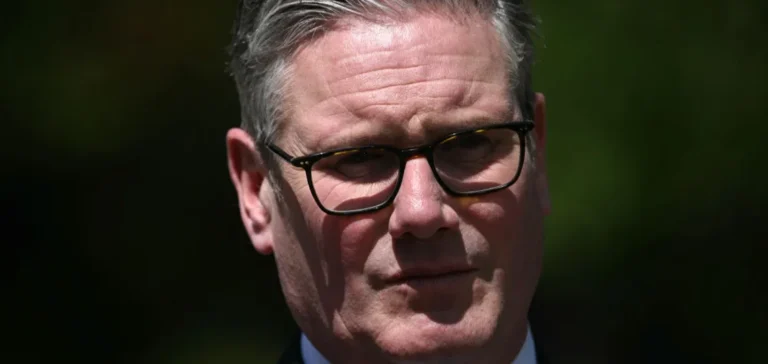The British government has announced new economic sanctions targeting Russia’s hydrocarbon exports, adding 70 more tankers operating outside the mainstream maritime system to its blacklist. This measure, revealed in an official statement, is part of a list of 100 new targets that also includes chemical producers and military drone manufacturers.
Blow to Russia’s shadow fleet
These vessels, known as “shadow tankers” due to their use of flags of convenience, opaque ship-to-ship transfers and navigation without AIS (Automatic Identification System), have enabled Moscow to maintain its oil flows while circumventing Western sanctions. Since the start of the year, the 70 newly sanctioned vessels have transported around 79.4 million barrels of crude and refined products from Russian ports, along with smaller volumes from Iran and Venezuela.
According to data compiled by S &P Global Commodities at Sea and Maritime Risk Intelligence Suite, the global shadow fleet now includes 978 tankers above 27,000 deadweight tons, representing nearly 20% of the international oil tanker network. London now claims to sanction more vessels than any other country, surpassing the combined efforts of the United States and the European Union.
Increased pressure on the price cap
Since December 2022, the Group of Seven (G7) and its partners have banned the transport of Russian oil sold above $60 per barrel. The United Kingdom recently adjusted this threshold to $47.60 per barrel under a dynamic price monitoring mechanism. This move aims to improve enforcement of the cap, as many sanctioned operators continue to bypass restrictions via shell companies or secondary ports.
In July, the United Kingdom had already listed 135 additional tankers and a Lukoil-linked trading house based in the United Arab Emirates. The stated objective remains to limit Russia’s energy revenues, which are expected to account for approximately one-third of its national budget in 2024.
Sanctions extended to other strategic sectors
Beyond the oil sector, the new measures also target 30 entities and individuals involved in the production of drones, electronic equipment and chemicals used by the Russian military. These designations come amid a surge in Russian strikes, with over 800 missiles and drones launched at Ukraine over the past two weeks, according to government figures.
The escalation of sanctions also follows a security incident involving Russian drones entering Polish airspace, a member of the North Atlantic Treaty Organization (NATO). This operation was described by British authorities as a provocation requiring an economic response.
Growing alignment between Moscow, Tehran and Caracas
Western sanctions have driven deeper cooperation between Russia, Iran and Venezuela, with the three countries now increasingly sharing vessels to transport their oil production. This strategy aims to bypass financial and logistical restrictions imposed by Western markets, relying on a grey fleet operating outside international maritime regulations.
European lawmakers have also signalled their intention to intensify sanctions under a forthcoming 19th package, with a focus on targeting the shadow fleet. Additional measures against third-party facilitators and an accelerated phase-out of Russian hydrocarbons are under discussion in Brussels.






















